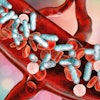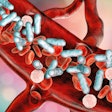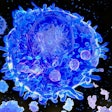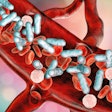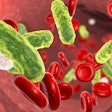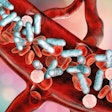
Siemens Healthineers has secured a three-year, $5.5 million contract with the National Institute of Allergy and Infectious Diseases (NIAID), a division of the U.S. National Institutes of Health, to develop a test to improve sepsis treatment.
In collaboration with Janus-I Science and the Louis Stokes Cleveland Veterans Affairs Medical Center, Siemens aims to develop a prototype next-generation sequencing (NGS) test that can identify bacteria and fungi within six hours in blood samples and provide information about possible resistance to antimicrobials, the company said in a statement.
Sepsis occurs when a person’s body has an overwhelming and life-threatening response to a preexisting infection. In the U.S., approximately 1.7 million adults develop sepsis per year; there are approximately 350,000 resulting deaths. In its statement, Siemens noted that mortality rates may be up to 50% for sepsis patients whose infections are resistant to the initial antimicrobial therapy. Earlier diagnosis and information about which antimicrobials to use are critical in treatment.
"To make a difference for patients, we need to push the boundaries of what we thought was possible through collaborative innovation," said Rangarajan Sampath, PhD, head of the Center for Innovation for Diagnostics at Siemens Healthineers. "The bacteria causing sepsis have become ever more effective in evading generic treatment options and a more targeted, precision antimicrobial approach is critical. It's within our capabilities as diagnostic test manufacturers to bridge this gap and support physicians by providing information they need as quickly as possible to treat their patients more precisely for better outcomes."
